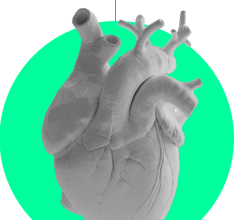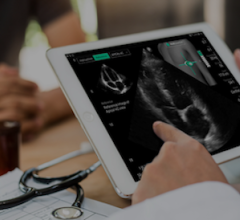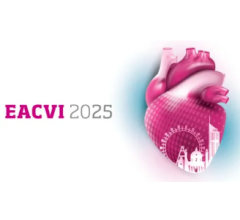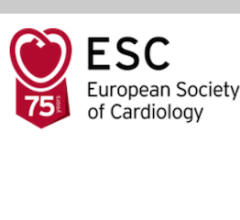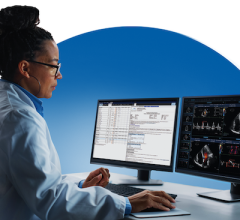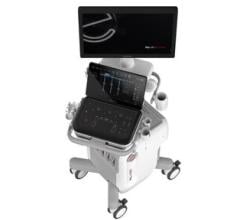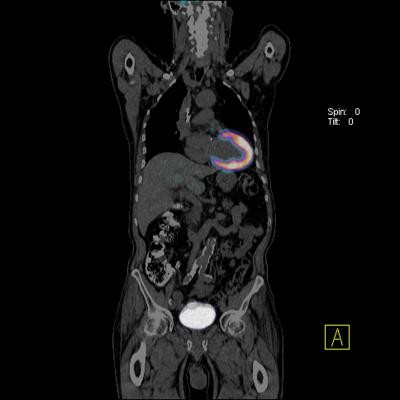
November 15, 2016 — Many people who experience chest pain but don’t have a heart attack breathe a big sigh of relief when a stress test comes back negative for blockages in their blood vessels. But a new study by cardiac researchers at the Intermountain Medical Center Heart Institute in Salt Lake City found they may not be off the hook after all.
Researchers studied 658 men and women between the ages of 57 and 77 who passed a stress test for blocked arteries and who were later found to have calcium in their arteries after being screened by imaging technology that measured their total coronary artery calcification.
They found that 5 percent of patients who passed their stress test and later tested high for calcium in their arteries — 31 of 658 patients — went on to have an adverse cardiac event within one year. Such events included death, heart attack and stroke.
Researchers say there is something more doctors can do to assess a patient’s risk of future heart attack: check the calcium — a sign of plaque buildup — in a patient’s arteries.
“We now have the ability to better measure coronary artery calcification,” said Viet Le, MPAS, PA-C, lead author of the Intermountain Medical Center Heart Institute study, who delivered results at the American Heart Association Scientific Session, Nov. 12-16 in New Orleans.
“People say, ‘I’m good. They gave me a stress test,’” said Le. “But it doesn’t tell the whole story. The story it tells is that on that day your engine — your heart — passed the test. Some of these people die within a year from a heart attack.”
Cardiac experts have known for years that calcium left by plaque is a good marker of heart disease, but there was not good imaging technology to measure it without exposing the patient to too much radiation, Le said. That changed about five years ago.
PET/CT, an advanced nuclear imaging technology that combines positron emission tomography (PET) and computed tomography (CT) in one machine, allows physicians doing a chemical stress test to also measure coronary artery calcification.
Calcification cannot be reversed, but the plaque that causes it can be reduced or stabilized with proper medication, diet and exercise.
Researchers found that 33 patients in the study, or 5 percent, had no or mild calcification, and they had no cardiac events. But there was a significant correlation between the amount of calcium and the occurrence of cardiac events in the remainder of the patients.
Twelve of 309 (3.88 percent) patients with moderate calcification had a cardiac event within a year, 10 of 190 (5.26 percent) with severe calcification had a cardiac event within a year, and nine of 126 (7.14 percent) with very severe calcification had a cardiac event within a year. In total, 16.28 percent of calcified patients in the study had a heart event.
The results confirmed for Le the value of assessing calcification in patients suspected of having clogged arteries.
“Right now, it’s a neglected tool that should better be utilized,” he said.
Other members of the Intermountain Medical Center Heart Institute research team included: Raymond McCubrey, MS; Kurt Jensen; Hannah Raasch, M.D.; Steve Mason, PA-C; Stacey Knight, Ph.D.; Kent Meredith, M.D.; Donald L. Lappé, M.D.; Denise Bruno; Jeffrey L. Anderson, M.D.; Kirk U. Knowlton, M.D.; and Joseph B. Muhlestein, M.D.
Intermountain Medical Center is the flagship facility for the Intermountain Healthcare system, which is based in Salt Lake City.
For more information: www.scientificsessions.org
Read the article "Recent Advances in Cardiac Nuclear Imaging Technology."
Watch the VIDEO "PET vs. SPECT in Nuclear Cardiology and Recent Advances in Technology." An interview with Prem Soman, M.D., director of nuclear cardiology at the Heart and Vascular Institute, University of Pittsburgh, and president-elect of the American Society of Nuclear Cardiology (ASNC), explained advances in PET and SPECT imaging.
Watch the VIDEO "Trends in Nuclear Cardiology Imaging." A discussion with David Wolinsky, M.D., director of nuclear cardiology at Cleveland Clinic Florida and past-president of the American Society of Nuclear Cardiology (ASNC), discusses advancements in nuclear imaging and some of the issues facing the subspecialty.

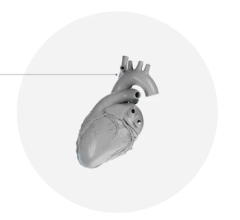
 January 28, 2026
January 28, 2026 
